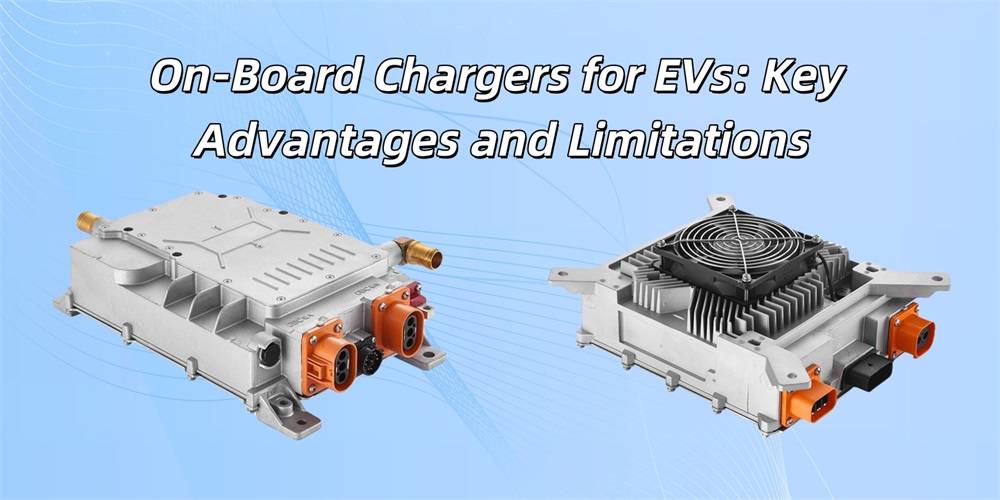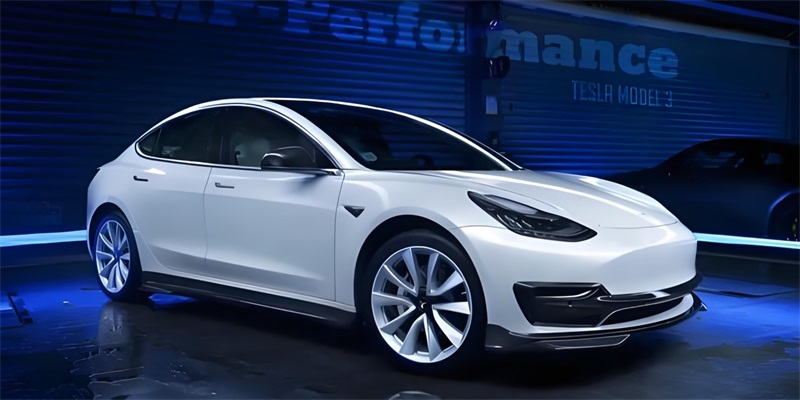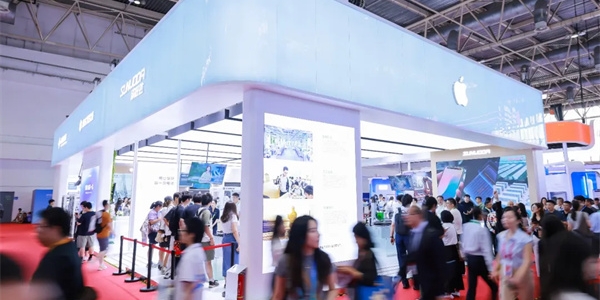On-Board Chargers for EVs: Key Advantages and Limitations
Understanding On-Board Chargers (OBCs)
An on-board charger (OBC) is an essential component built into electric vehicles (EVs) that converts alternating current (AC) from charging stations or wall outlets into direct current (DC) for the battery. Unlike external charging stations (EVSE), which simply supply power, the OBC regulates voltage and current to optimize battery charging.

※ 6.6kw Charge On Board Battery EV Charger
Advantages of On-Board Chargers
1. Flexibility in Charging
· Since the OBC handles power conversion, standard AC charging stations do not need advanced communication with the EV, simplifying compatibility.
· Allows charging from various AC sources, including home outlets and public stations.
2. Battery Protection & Charging Strategy
The OBC manages charging in two key phases:
· Constant Current (CC) Mode – Maximizes charging speed initially.
· Constant Voltage (CV) Mode – Prevents overcharging as the battery nears full capacity.
This strategy extends battery lifespan by avoiding overheating and overcharging risks.
3. Power Factor Correction (PFC)
The OBC optimizes power efficiency by adjusting how it uses single-phase or three-phase AC input, improving energy conversion.
Disadvantages of On-Board Chargers
1. Limited Charging Speed
· OBCs typically range from 3.7 kW to 22 kW, making AC charging slower than DC fast charging (which bypasses the OBC).
· High-power DC chargers (50 kW+) can replenish an EV much faster.
2. Added Weight & Cost
· Integrating an OBC increases vehicle weight and manufacturing costs.
Higher-power OBCs (e.g., 22 kW) are more expensive but reduce charging time.
OBC vs. DC Fast Charging: Key Differences
| Feature | On-Board Charger (AC Charging) | DC Fast Charging (Bypasses OBC) |
Power Source | AC (Wall outlet/EVSE) | DC (Fast charging stations) |
Charging Speed | Slower (3.7–22 kW) | Faster (50–350 kW) |
Battery Impact | Controlled by OBC for longevity | Higher stress on the BMS/battery |
Cost & Complexity | Built into EV, simpler stations | Requires high-power external chargers |
On-board chargers provide essential charging flexibility and battery protection but are limited in speed compared to DC fast charging. As EV technology evolves, OBCs are improving in efficiency, with some high-end models supporting faster AC charging. For daily use, OBCs remain a reliable solution, while DC charging is preferred for long-distance travel.

